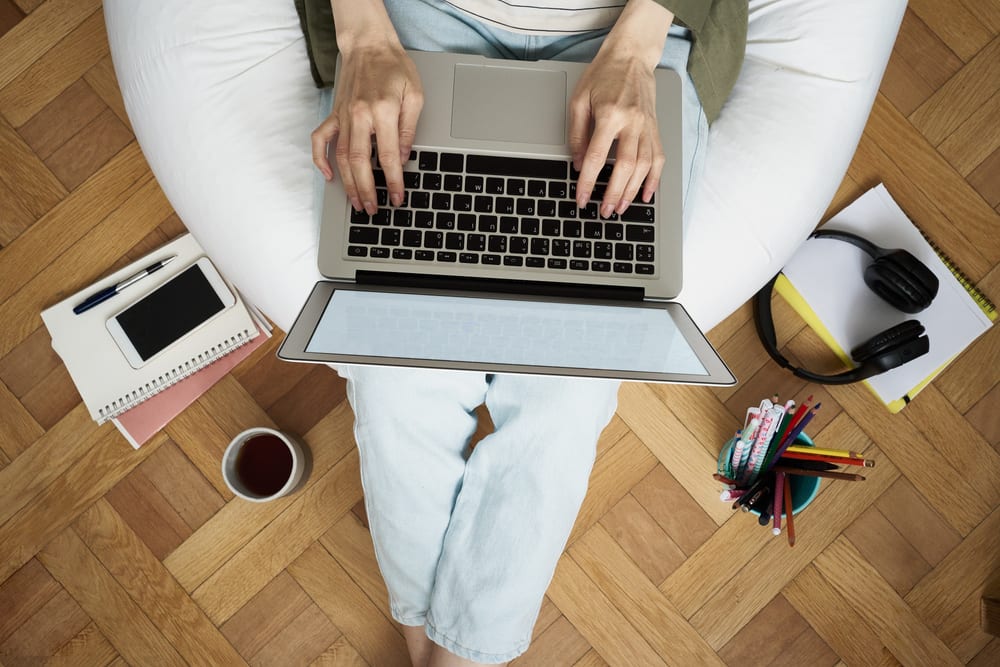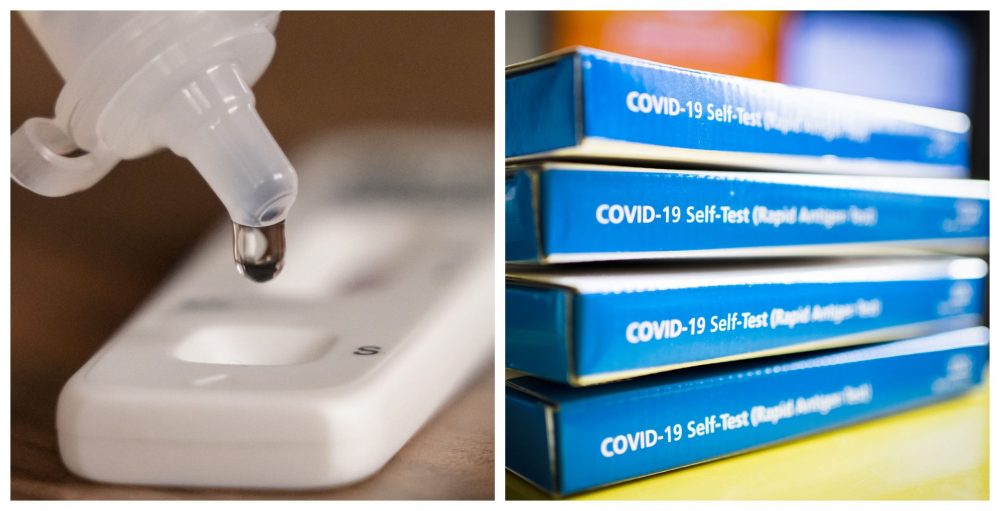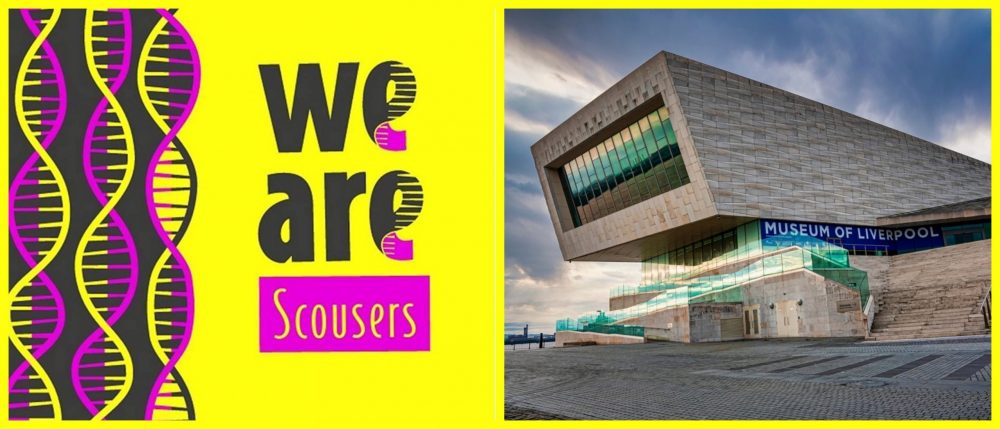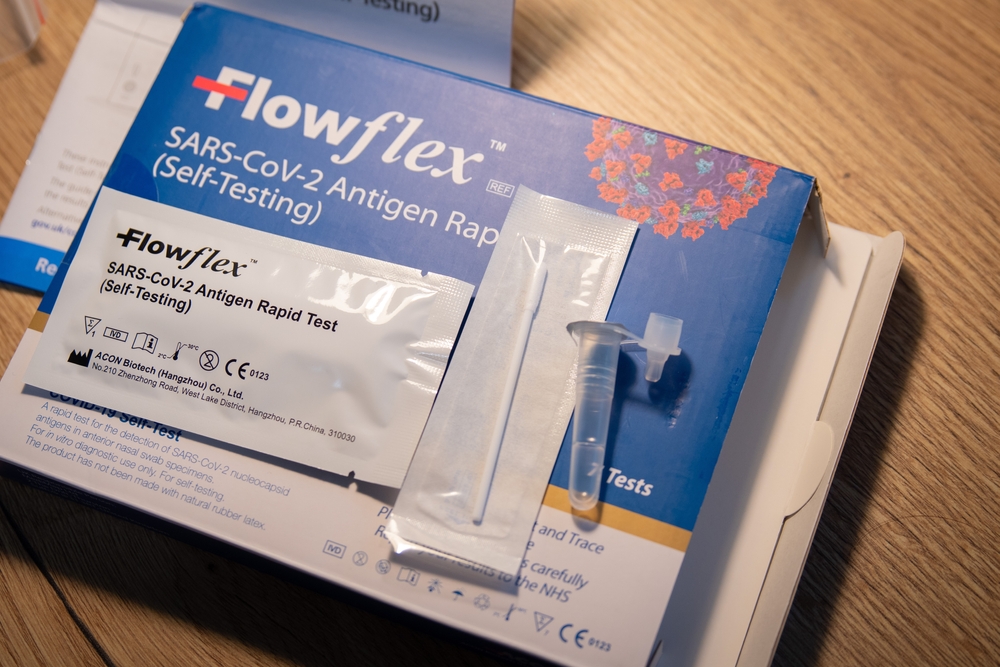
Coronavirus
6 things that might never be the same after lockdowns
5 years ago

We’re pretty sure we speak for everyone when we say we can’t wait for pandemic restrictions to no longer be necessary, but as some psychologists and anthropologists are already noting, the societal hangover may linger, and some effects may become permanent fixtures.
Here are a few small ways the pandemic and its lockdowns may have changed things for good…
1. Long distance friendships may be easier
It’s a sad day when a friend moves away, but the real tragedy comes months later when you realise you haven’t made the effort to stay in touch. Under lockdown though, your mate two blocks over might as well live in Australia for all the difference it makes, and remote socialising is now part of everyday life.
We await with bated breath the triumphant return of the pub trip, but we’re also looking forward to continued virtual shenanigans with the friends that won’t be able to attend.
2. Commuting may be less common
It’s hard to predict exactly what will happen to the offices of tomorrow, but at the very least we expect the threshold for homeworking to fall. The pandemic forced companies of all kinds to suddenly move entire operations online… and found that it pretty much worked. There’s no going back from that completely.
What a strange year #Liverpool. Not our usual end of year highlights video, but we've tried to sum it up in 2 minutes as best we can.
There's been highs and there's been lows, but also more love & kindness than ever. ❤️?
Here's to the future, & to this great city. ? pic.twitter.com/wD0ga5GVqf
— The Guide Liverpool (@TheGuideLpool) December 30, 2020
3. Physical contact may be slow to return
Interpersonal rituals last only as long as people perform them, and most of us have spent the best part of a year without so much as a high five. It’s hard to overcome force of habit, and if someone approached you now with arms outstretched you’d probably back away rapidly. We’d happily have hugs back, handshakes we could take or leave, and the awkward cheek-kissing-greeting is welcome to stay in the past.
4. We might have a lot of new hobbies
We didn’t learn 20 instruments and five modern languages, but we did make a lot of bread. Though our to-do lists from lockdown one were ridiculously over-ambitious, a small percentage of our efforts stuck, be it home exercise and baking. We’re binning the bedroom press-ups once the gyms re-open, but the baking is going nowhere.
Chester's #LucySpraggan is back with an amazing new single for 2021 and the motivation tips you need to get through lockdown, sharing her story about giving up alcohol, her dramatic weight loss and more. ?@lspraggan
FULL VIDEO HERE
➡️https://t.co/ehLYwuQTGi pic.twitter.com/3MWs7oOFPb— The Guide Liverpool (@TheGuideLpool) January 8, 2021
5. Clothes may be more comfortable
Stiff, awkward suits, tottering high heels and ties that get caught in the copier – for decades formal wear was a necessary evil in the world’s workplaces.
Homeworking has pushed the lot to the back of the wardrobe, and most of us are rather enjoying the shift to a snugger, more comfortable aesthetic. Are you really a worse accountant, analyst or telemarketer because you’re clad in a jumper and joggers? Lockdown seems to have proven not.
6. We might be better at supporting each other
Pre-pandemic the question, ‘How are you?’ tended to elicit a knee-jerk, ‘Fine’ with the monotonous regularity of a Swiss watch, but as a result of restrictions, people have become increasingly better at checking in on each other, and providing honest answers to honest questions. If there’s a silver lining to this whole sorry affair, it’s that, ‘How are you?’ has taken on a genuine tone of enquiry, and many now find it easier to lean on others when they need to.
Life can still stink post-pandemic, but if we keep up the spirit of support, it might just stink a little less.









 Subscribe
Subscribe Follow Us
Follow Us Follow Us
Follow Us Follow Us
Follow Us Follow Us
Follow Us Follow Us
Follow Us











